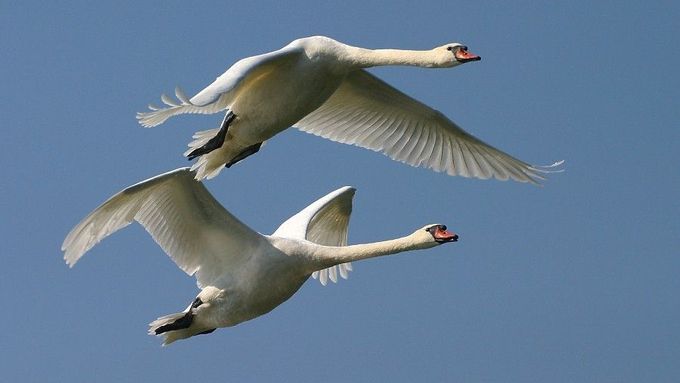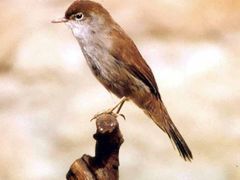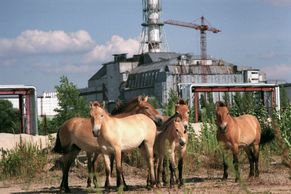Prague - Swans, one of the most common bird species on Czech rivers and lakes, could become extinct in the country in less than one century.
That is the warning presented in a new study on global warming's effects on European bird species called Climatic Atlas of European Breeding Birds released by the Czech Society for Ornithology.
Swan song of Czech swans
"Swans are one of the species that can disappear in our region," informed Petr Voříšek from the society. Common species like fieldfares or Tengmalm's owls will be allegedly at a same risk.
"It seems that at the end of the 21st century we won't be seeing them any more," said Voříšek.
However, this is not to say they will become completely extinct. They will only move further north where living conditions will suit them more.
Something ends, something begins
Many other bird species are projected to follow the suit. The study also states that zones suitable for birdlife will move in average 550 kilometers north-east and shrink by approximately one fifth.
At the end of the century, north-east Europe is likely to become an area with the densest bird habitat.
At the same time this means that birds previously unknown to the territory of the Czech Republic and countries of similar latitude will come over here. For example, we can expect to see Cetti's Warbler, which breeds in southern Europe, more and more often in the Czech Republic. "The presence of this bird was first reported last year," said Voříšek.
European Bee-eater and Eurasian Scops-owl will be another species to move to our region.
Crying cuckoo in Iceland
There are species, though that won't be affected by the global climate change in any significant way. Common Cuckoo is said to be one of them, although it will expand as far as to Iceland. Its presence in the original regions of breeding won't be endangered.
On the other hand, there are birds, such as Bohemian Waxwing that has been breeding in northern Europe, that will have no more suitable habitat to move to. "This player is likely to lose," stated Voříšek.
In addition, some birds living in the Pyrenean Peninsula are expected to be unable to find any other place that would fit them.
Ornithologists want to continue monitoring the phenomenon and get more detailed data. The Atlas states that the global warming causes the largest change the birds have been experiencing in the past ten thousand years.
Reduce other threats
"Given that changes are more or less inevitable, the only question is how serious they will be and what impact will they have," commented Voříšek.
"The climate change would only be the last nail in the coffin for the birds," said Voříšek.









